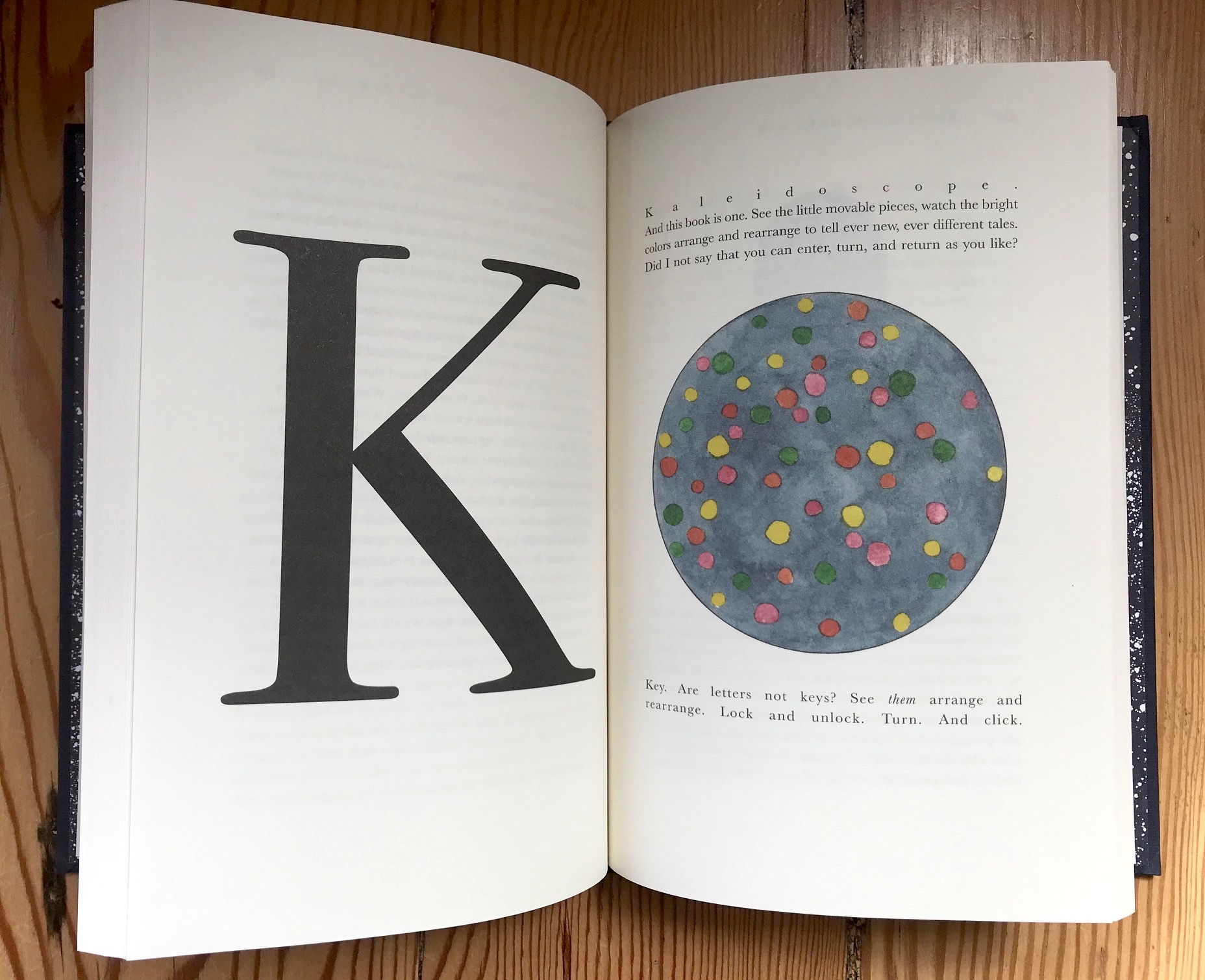Published July 11th, 2022
Review
by Hantian Zhang
Past and present. Parents and daughters. War and peace. Days and dreams. People and ghosts. Memory and Hope. Afghanistan and the US. If you wish to read about all themes at once, there is Above Us the Milky Way (2020): a collage of a family’s experience in two lands, a kaleidoscope of a dreamy mind and a bygone era, and an alphabet of memories and imaginations.
How to tell the story of your life, especially when it is intertwined with many others’, it spreads across two continents, and straddles two eras? Such a question, faced by all writers with the fire of witnessing and artistic creation at heart, boils down to the writer’s decisions: what the most telling details to choose are, and how she organizes her materials into the fittest structure. Better, if such decisions’ edges are smoothened away by a personal style, an aesthetic that harmonizes the whole narrative by the same tint.

In Above Us the Milky Way, the Afghani-American writer Fowzia Karimi delivers her take on the above question by rendering her immigrant life stories in the format of an illuminated English alphabet. Devoid of an arc, the book comprises short stories, memory snippets, and epiphanies that are themselves organized into 26 chapters. The “K” chapter, for example, starts with a section beginning with “Kaleidoscope.” The author directly addresses the readers in this four-sentenced section, claiming that her book itself is a kaleidoscope that the reader can choose to enter from anywhere and read in any order.
The bulk of the book, however, is devoted not to such metafictional statements but to stories about the key characters: the five sisters, the father, and the mother. While it is straightforward to perceive these characters as factual representations of the author’s own self, siblings, and parents, and this perception is seemingly solidified by the family photos appearing throughout the book, the dreamlike, timeless quality of the prose sometimes discourages the assumption of factuality, and this effect is only strengthened by the surrealist illustrations that the author herself creates. Plus, friends’ anecdotes, strangers’ tales, and ghost stories have also made their way into the book, creating more room for literal recreation detached from a factual basis. Above Us the Milky Way is thus better understood as a mixture of memory and fiction, a creative take on representing immigrant life that defies jargonic distinctions such as autofiction or creative nonfiction.

The English alphabet is the organizing principle for this literary collage of one family and two lands, the structure that offers order to the volumes of commemorative and fictional materials. A, to begin with, stands for the English alphabet, the original idea, and the initiation of life. It also refers to the land Karimi was born in (Afghanistan), represents the family’s means of emigrating (airplane), and stands for the shore upon which she landed (America). After going through one such chapter, the reader quickly learns that she can expect to read family stories and life reflections in the following chapter, but she should not expect such materials to arrive in some recognizable order. The author jumps across topics freely within and between chapters, guided by neither time nor cause-and-effect but associative thinking and whim. “What I tell you,” the author directly explains to the reader at a metafictional moment, “is not the story of my childhood as it occurred neatly, chronologically, but of my childhood as I experienced it internally.” The alphabet thus offers not only a structure for life stories but also the motion that pushes the book forward. Despite the occasional feeling of disjoint and repetitiveness, the reader could at least expect M’s coming after L and Z’s coming at the end.
Although the author has lived longer in America, memories of Afghanistan — either first-hand or second-hand, family anecdotes and folklore — are disproportionally featured. The limelight is on the 1980 Soviet invasion that had set the family to immigration. Sometimes, it is the direct memory that makes it to the page:
In the first land, the war had unraveled her childhood, taking from her what she wouldn’t have given freely, and turning the native act of gathering memory into something unnatural, perverse. The war entered suddenly her child’s eye and, while others looked away, she took in: the too-perfect lining up of clear-eyed soldiers in brown uniforms along the sidewalks of her then-neighborhood; the winding of enormous, unseeing tanks through its too-narrow streets, and later the blood that ran down those streets; the failing of stars not from the cosmos; the felling of trees and cornfields; the folding of women’s hands to hide missing fingernails; the folding of men’s heads to shelter shattered pride; the biting of tongues lest too much be said; the perking of ears lest anything be missed; the going gray of heads; the turning putrid of mouths; the taking off of limbs; the magical vanishing of grocers and taxi drivers. Her eyes ached. The parched earth, the arid climate, the dusty streets, the ruthless doings of strangers and friends alike, too their toll on the gaping eyes that would not shut, leaving them desiccated.
Some other times, it is the regurgitated memory that captures the author’s attention, like her observance that
a sister could laugh at a cartoon playing on the television and recite the prayers for the dead, the disappeared, and the imprisoned with the same mouth.
In either case, it is this first land where Karimi insists on returning. There, she can and does wear hats of emigrant-returnee, ethnographer-insider, or witness-recorder, one at a time or all at once. She was too young when leaving her first country and had not been able to retell its trauma into a foreign tongue right away, so it would take her decades to develop the needed psychological distance and another nine years of wordsmithing to bring forth in English her “collection of remembrances, dirges for the dead, and fairy tales — life experienced early.” My hunch is that for us immigrant authors, it is either the life of the old country or the friction between two lives that prickle us into writing, and Karimi clearly discloses her affiliation to the first camp. All that brewing and distillation had led to her alphabetic form and wistful focus, and all her years of introspection and retrospection are well-reflected in the tone of the prose that offers both contained emotion and a sense of timelessness.
But despite the knowledge you have now of the book, you might still wonder, what about the title? Where does the Milky Way come in?
Above us the Milky Way, so resplendent that I can write this by its light.
Nationality: Chinese
First Language(s): Chinese
Second Language(s):
English
Supported by:

